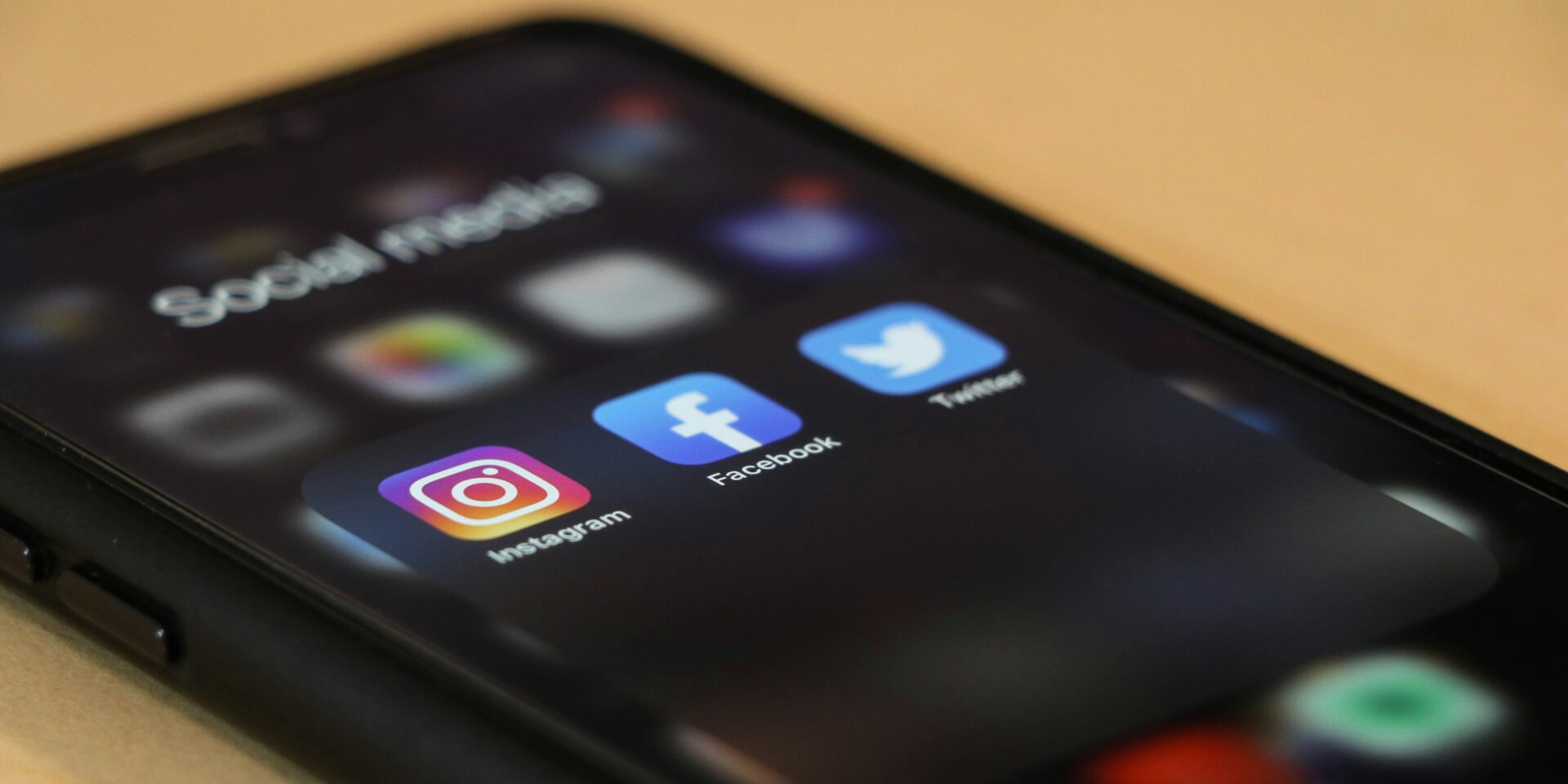No Social Media vs. Powerful Branding – Why Your Online Presence Matters
In a world where digital footprints often precede real-life introductions, your online presence is no longer optional, it’s foundational. Whether you’re a researcher, entrepreneur, student, or seasoned professional, your ability to shape perception and authority begins with how (and if) you’re represented online. Not having a social media presence today is not seen as discretion; it’s often perceived as invisibility.
Cultivating your digital profile on social media, however, goes far beyond chasing likes or padding follower counts, it’s about intentionally curating a narrative that amplifies your values, expertise, and trustworthiness. A powerful branding online, don’t just open doors; it invites the right opportunities to find you.
Table of Contents
The Cost of Being Digitally Absent
Choosing not to engage online may feel like a way to maintain privacy or avoid digital noise, but in professional terms, this absence can mean missed opportunities. Recruiters, collaborators, peers, and even academic journals often look up individuals before working with them. A void speaks volumes.
"In today's world, if you're not on Google, you don't exist."
— Erik Qualman, author of Socialnomics
Digital Presence as a Core Part of Personal Branding
Your digital presence is your brand, intentional or not. The way you're found online tells a story: the keywords attached to your name, the professional image you use, your written contributions, and the networks you’re a part of. If you don’t control that narrative, someone else, or silence, will. A strong personal brand includes three essential elements:
- Authenticity and consistency: Everything from your tone to your visuals should align with your professional identity.
- Digital traceability: A trail of valuable, verifiable content that shows who you are and what you stand for.
“Branding is what people say about you when you're not in the room. Today, that room is online.”
— Jeff Bezos, founder of Amazon
“Social media is not about the exploitation of technology but service to community.”
— Simon Mainwaring, branding expert and author of We First
Integrating a Personal Website: Your Digital Home Base
While social media drives discovery, your personal website serves as your anchor. A well-crafted website consolidates your identity, achievements, and contact information in one polished, controlled space. Unlike social media, it's algorithm-free, distraction-free, and timeless.
For professors, students, and researchers, a personal website offers unparalleled control:
- Present your CV, publications, and speaking engagements.
- Host your portfolio, blog, or research updates.
- Centralize your professional links: ORCID, Google Scholar, LinkedIn, etc.:

Conclusion: Make Your Presence Matter
In the digital era, absence doesn’t mean privacy, it often means lost credibility. A deliberate, thoughtful online presence communicates professionalism, initiative, and relevance. Whether it’s through social media, a personal website, or both, your visibility can unlock connections, collaborations, and career growth.
“Your online presence is not about ego. It's about opportunity.”
— Ann Handley, content strategist and author of Everybody Writes
Start where you are. And if you want to showcase your work with clarity and elegance, CVisiora is the perfect partner to do it.
FAQs
There are a few common pitfalls to steer clear of:
Yes, at least on platforms relevant to your field, like LinkedIn or ResearchGate. It builds trust, increases discoverability, and creates opportunities.
Privacy can be maintained with a controlled presence such as a minimal but informative website and a basic LinkedIn profile.
Yes, your website acts as a central hub where you control the narrative without platform restrictions or distractions.
Start with LinkedIn and Google Scholar. Complement with a personal website and, optionally, Twitter (X) for academic networking.
Begin with a simple, professional website and link it across your social platforms for consistency and visibility.

Social Media: From Optional Tool to Strategic Asset
Social media, when used intentionally, is no longer a time-waster, it’s a stage. For researchers, Twitter (X) remains a hub for scholarly discussions. LinkedIn is the modern-day résumé plus a thought leadership platform. Even Instagram and YouTube, when tailored, have become vehicles for educational impact and outreach. Whether you’re sharing a publication, a data visual, or an event, social media allows your work to travel faster and farther than peer-to-peer recommendations ever could.